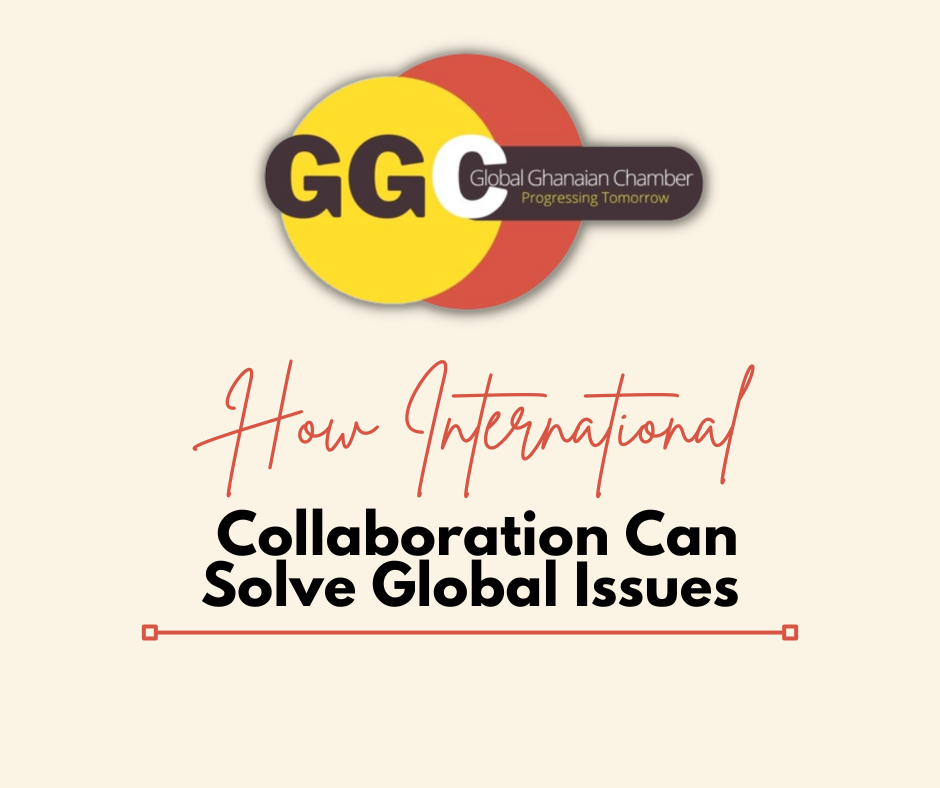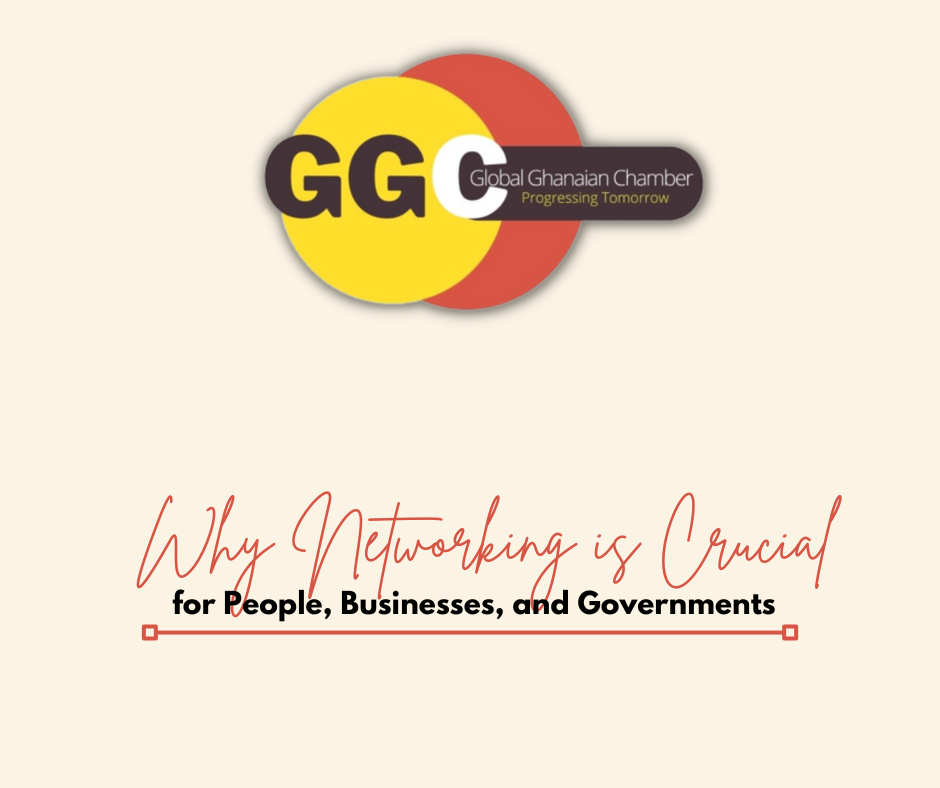
The World’s Most Urgent Problems: A Call for International Unity
The world is facing a global crisis. From climate change and poverty to public health emergencies and geopolitical instability, the challenges we face today are not confined by borders. They are global in nature, requiring global solutions. The time to act is NOW—and the key to solving these issues lies in international collaboration.
But here’s the alarming truth: we are not collaborating enough.
In the past, global problems were often dealt with by individual nations, each trying to solve their challenges independently. However, in an increasingly interconnected world, no nation can afford to go it alone. International collaboration is no longer an option—it’s an urgent necessity.
The Power of Global Cooperation
International collaboration is about more than just sharing resources. It’s about uniting diverse strengths, perspectives, and innovations to tackle the most pressing problems that affect us all. When nations, businesses, and communities work together, they can create synergies that far exceed what any single entity could achieve alone.
Why Now? The Need for Urgency
Global issues are growing at an exponential rate, and the window for meaningful intervention is closing fast. Here are just a few staggering facts:
-
Climate change is threatening entire ecosystems and human livelihoods, with rising temperatures, floods, and droughts becoming increasingly common. Without international action, entire communities could be wiped out.
-
Global health threats like pandemics affect all nations, as we witnessed with the COVID-19 crisis. Disease knows no borders—the next pandemic could be worse.
-
Poverty and inequality continue to plague much of the world, hindering progress and perpetuating cycles of suffering and disenfranchisement.
-
Geopolitical instability creates turmoil that affects not just the regions directly involved but the global community as a whole.
The scale and complexity of these issues require coordinated, worldwide efforts. The resources, knowledge, and innovation needed to address them can’t be sourced from just one country or even a few. The urgency to act is critical because the longer we delay, the harder it becomes to reverse the damage.
How Can International Collaboration Solve Global Issues?
1. Shared Resources and Expertise
No country has the resources or expertise to solve every global issue on its own. Collaboration enables nations to pool their resources, whether financial, intellectual, or technological, to address issues that are too large for individual nations to handle alone.
Take the example of the Global Health Initiative. By uniting governments, private sectors, and non-profits, countries have made significant progress in combating diseases like HIV/AIDS and malaria. This type of cooperation accelerates innovation, amplifies research capabilities, and ensures that solutions are disseminated rapidly across the globe.
2. Solving Global Health Crises Together
Global health issues, such as pandemics, drug-resistant diseases, and health infrastructure gaps, are not contained within national borders. International collaboration was instrumental during the COVID-19 pandemic, where countries came together to share vital information, develop vaccines, and distribute supplies to those in need. However, the challenges continue. Global healthcare systems must work in unison, sharing data, resources, and solutions to prevent the next global health disaster. The call to action is clear: collaborate now, or face worse consequences in the future.
3. Fighting Climate Change: The Need for a Global Coalition
Climate change is perhaps the most urgent global issue of our time. Carbon emissions, deforestation, and environmental degradation know no borders. While individual nations can implement policies, the true impact of these changes is felt globally. To effectively tackle climate change, countries must collaborate to reduce emissions, share green technologies, and fund sustainable development projects.
The Paris Agreement exemplifies how international collaboration can drive large-scale solutions. Countries are coming together to set collective targets, reduce global temperatures, and fund climate resilience efforts for vulnerable nations. The urgency to act cannot be overstated—our planet is on the brink of irreversible damage.
4. Addressing Poverty and Inequality: A Global Effort
Poverty and inequality are deeply entrenched global issues that demand a unified, collaborative approach. International cooperation allows for the sharing of best practices in education, job creation, and social safety nets, enabling countries to lift their populations out of poverty.
The United Nations Sustainable Development Goals (SDGs) are a powerful example of how collaboration can drive systemic change. By working together, nations can eradicate poverty, reduce inequality, and promote shared prosperity for all. The stakes are high: if we don’t act now, millions more will remain trapped in the cycle of poverty.
5. Geopolitical Stability: A Collective Responsibility
Global peace and security are intrinsically linked to how nations cooperate. Political instability in one part of the world can send ripple effects through economies, markets, and social systems. The United Nations and other international bodies are designed to mediate conflicts, promote diplomacy, and create frameworks for peace. If countries don’t collaborate, we risk escalating tensions and potential conflicts that could destabilize entire regions.
The Road Ahead: A Call to Action
The question is no longer “Why should we collaborate?” The question is “How can we afford NOT to collaborate?” Global issues are too urgent, too interconnected, and too vast to be ignored. If we continue to work in isolation, the challenges will only grow more insurmountable. We must act now, as a unified global community.
The path forward demands that every country, organization, and individual embrace collaboration as the foundation of future progress. Whether it’s fighting climate change, improving healthcare, or addressing inequality, collective action is the only way forward.
Leaders, businesses, and citizens must come together and ask themselves: How can we contribute to global collaboration? How can we make a tangible difference, starting today?
Let’s create a world where collaboration is the norm, not the exception. Let’s act NOW before it’s too late. The future depends on our ability to work together for the greater good.





